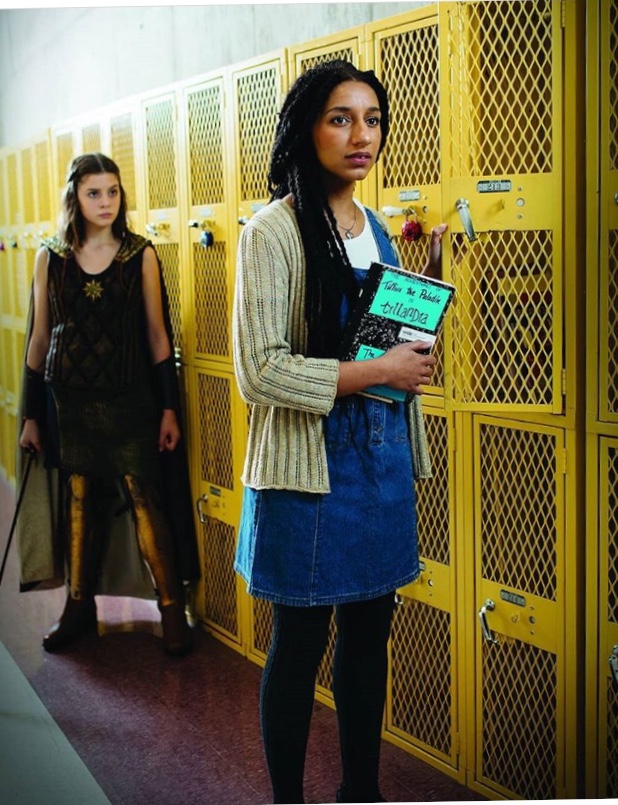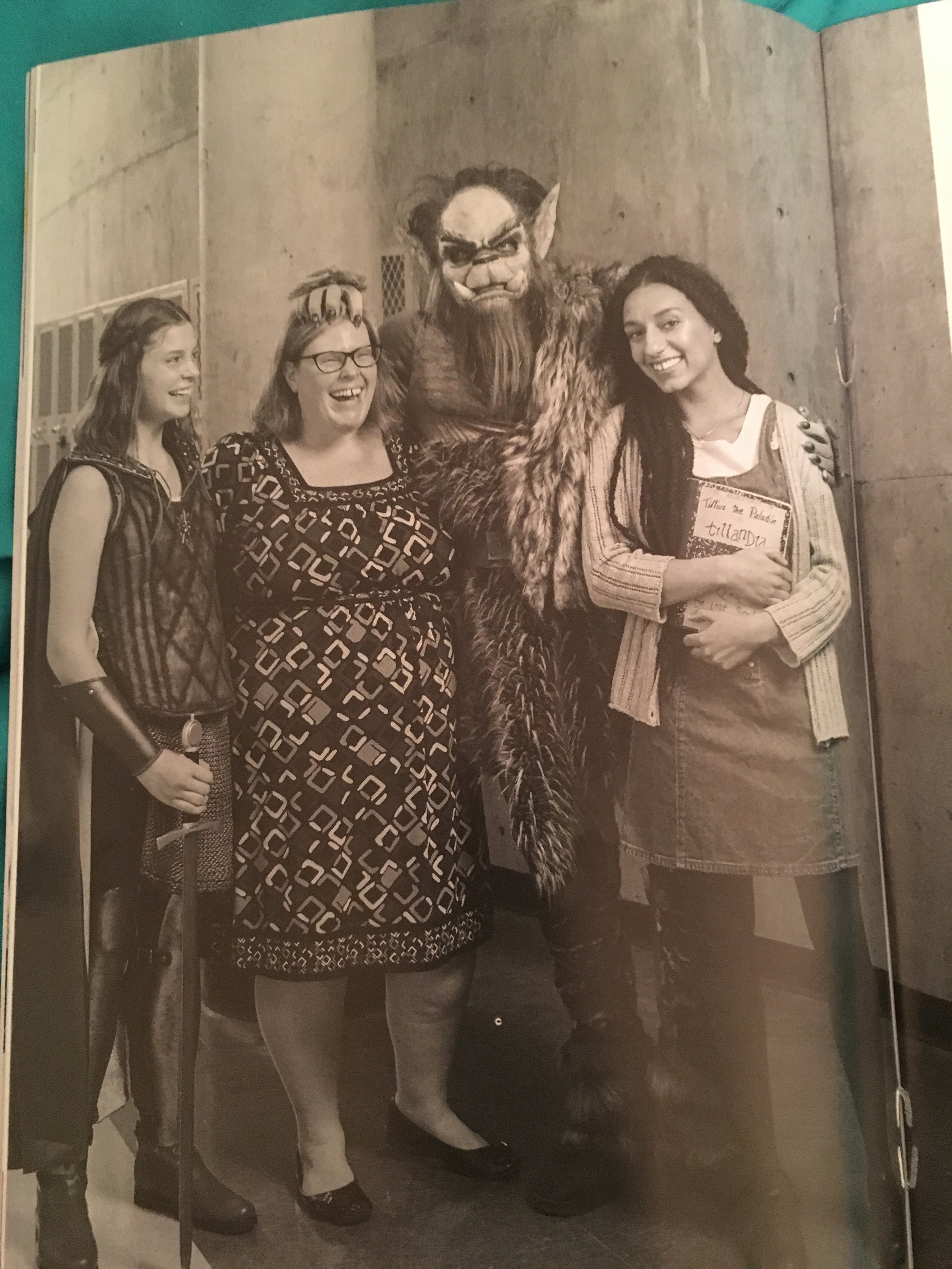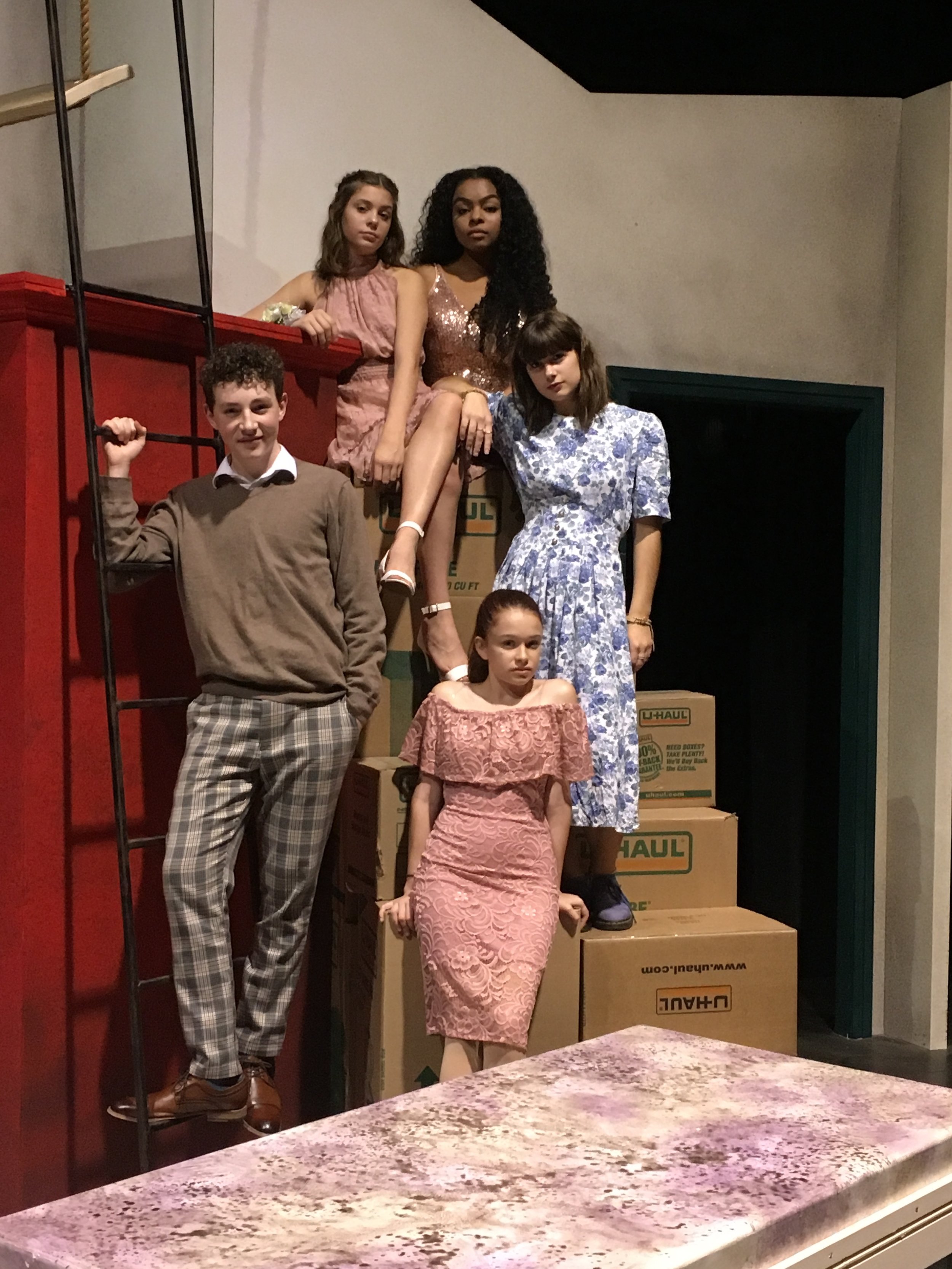Why do you think the people could benefit from a leader like you? What will you bring, do, promise that other candidates have not?
Well, I don’ta like to talk smack about the other guys. You know, their all trying to do a good job for the people. I know you try to get me to say something for like a good sound bite with tear them down and say bad things, but I’ma run a clean fight here. It’s a gentleman’s game and we not gonna tear each other down for your special DIBS show. So I’m not gonna say something like… they don’t got the balls for the job, or… compared to me they are like little children… or those guys couldn’t throw coup if I parked tanks in the rose garden for them… No. You’ll never hear me say this sort of things. It’s a clean fight. I’ma follow the rules, nothing sneaky, no pay nobody off or threaten nobody, or rig election. But you know when the dust clears, your gonna want to be the right side. That’s important to consider. Because afterwards, you know… you blow the whistle, you stir things up, you think you’re not gonna get punished? This is how dictator works. You move against me, you better take me down. Because if I’ma still standing, it’sa not gonna be good for you. And that’s not a threat. I’m not gonna intimidate nobody. It’s just a fact that some people afterwards will be out of job, be ruined, be embarrassed by sensitive information that gets leaked, maybe some unfortunate accidents happen. But this a metaphor.
How do we know that you know enough to not just accept what your advisors tell you?
Listen to me. I’m a smart guy. I know things. I know a lot of things that you would not believe if I told you. Sometimes I say things and people cannot believe them. And that is just one example. And I have many more. And many things you hear are not true. And those are the things you have to listen to the most carefully. And really hear them. If you listen then you’ll hear it. And you’ll know. Sometimes you hear some guy say “I’m smart enough to know what I don’t know.” You’ll never hear me say that. I’m smarter than that. I’m smart enough to KNOW what I know. That’s what the people get with Carlo.
How do you decide whom to trust? How does someone earn your trust?
Trust. Phew. It’sa so important. It’s a like my old friend Jefe Pable would say—it’s a special saying in his language—"muy importante.” He would say that. And I’d say “si.” But the “si” from his language. And he would nod, and say “si.” But the “si” in MY language. And we trusted each other. I trusted him. We spoke language. Together. And trust has a brother. And the brother’s name is loyalty. And the two live side by side. My old friend Jefe Pable was like a brother. And I trusted him. You see? And he shot me. With my own pistol.
Name 3 qualities that make a “tremendous” leader?
Strength. Strongness. To be strong, is one, for sure.
Tremendousness. To be the biggest, most tremendous of all. And to do that strongly.
And I’ma gonna say… hmmm… for the third one? It’s difficult only for three, I have a lot of qualities in my head, but it’s just hard to pick only the three. There are a lot. And I know them.
We’ll I’ma gonna go with the mustache. The mustache is important.
What are the most important principles you’d follow in governing and leading your team?
Well, I don’t have a lot of principles. I don’t use that. I think… because its not really about the team. Like that. There’s no “I” in team. (You have heard this?) And I don’t “follow.” A leader doesn’t “follow.” He leads. A follower follows. That is not me.
What could cause you to fail as a leader?
No. I do not accept the premise of your question.
What is your negotiating style/approach/philosophy?
Oh, what a great question, DIBS. Well, I’d say… I’m direct. I’m honest. Clear communicator. Straight shooter—(laughs)—well these days I have other people to do the shooting, so I don’t know—but I used to be very straight shooter, especially up close. But negotiating? Yeah, you could say maybe “my way or the highway” is a kind of philosophy. You know how the old song goes: “Some people call it torture; You can call it what you will; All the folks who criticize me; Overdose on sleeping pills.” It’s just a funny song… but it gets at deeper truth. That’sa the thing about art, right?
How do you keep voters engaged?
Well, I tell them what they want to hear, and they love me. It’sa pretty simple. Or maybe there is some problem, and they need someone to blame which is very natural, and I give them someone to blame. Because there are lots of bad, scary people in the world, and they are coming to get you. Again, simple. People don’t know the world, but I tell them. The world is very dangerous, and I’ma keepa the people safe. Without me they are lost.
How do you relax or recharge?
I take a walk, maybe ride my bike. Exercise is good. Sing in the shower. Sometimes I like to try on different outfits and uniforms and just stand in front of a mirror—I have a very nice full-length mirror. You know, try make faces, see what looks intimidating, or strong. And I have a little journal I keep. Make notes about certain poses, expressions. You know I say “That’s a keeper! That guy looks so scary, but also a little bit sexy!” It’s fun. It’s relax me.
Is there any sort of literature pieces that inspires you or has inspired you?
That has…? Well I love books, of course. I read. A lot. It’s important. There are so many… literatures… that inspire… Excuse me—I just need to take this…
Who do you look up to?
Oh, there are so many guys. You know, “The Greats.” …Alexander the great… Peter the great… All the greats, I like… and I also have to say I really admire the one-name guys: Charlemagne, Xerxes—you don’t hear people say “Xerxes who?” You know? Even someone like Bono. And he has terrific taste in shades. I think he could go all the way if you wanted to.
If you could pick a song that represents, you what would that be?
My gosh, that’s a really tough one! Because I’m a music lover. But… maybe it’s the name—Carlos—but I do love Santana. So maybe “Evil Ways?” or “Black Magic Woman?” Right? “Don’t turn your back on me, baby…” that’s when bad things happen! Seriously, you probably shouldn’t turn your back on me. But look-- I’d be lying if I said I don’t love my very own theme song, “Dummies,” that I sing at every telethon, and every Vegas show. Because as passionate as I am about world domination, I’m a lounge singer at heart.
(sings)
“Settle in. Don’t meddle in
Affairs of state.
Gotta do your part, if we’re gonna start
To take tyranny to an art.
I’m gonna share a basic rule of thumb, dummy:
We hammer you ‘til you succumb, dummy.
Don’t waste your time and try to overcome it, dummy.
Dictators rule the world when you play along!”
That’s a freebie.
How have you been spending your quarantine?
I was on the run for a little bit, but that’s over now. It’s all cleared up. Lately I’m hanging out with the Donald. Back and forth to DC. But I like my time at home. Appreciate the down-time. Enjoy the simple pleasures. Doing a bit of plotting about how to use the world pandemic as a distraction to help limit personal freedom and consolidate power, doing some gardening. Try to eat healthy. Binging Netflix. Look—you got to remember: I’ma just a normal guy, like anybody else. But with a better mustache and a great deal of power.































